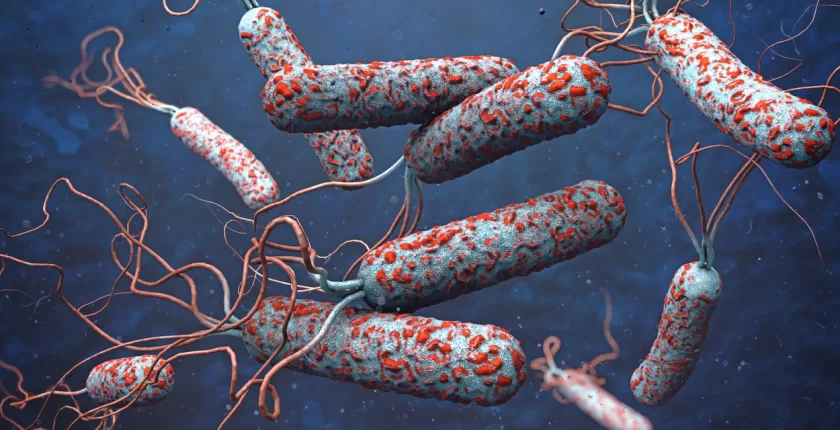Combating the Cholera Outbreak in Nigeria: A Comprehensive Guide
Introduction
Cholera has recently surged in Nigeria, posing a severe public health threat. This blog post will delve into the specifics of the cholera outbreak in Nigeria, exploring its causes, symptoms, and, most importantly, effective measures to prevent and combat the disease. By understanding these aspects, we can better protect ourselves and our communities from this deadly infection.
What is Cholera?
Cholera is an acute diarrheal illness caused by the bacterium Vibrio cholerae. The disease spreads through contaminated food and water, leading to severe dehydration and, if untreated, death. Cholera outbreaks are often linked to inadequate water, sanitation, and hygiene conditions.
Causes of the Cholera
The current cholera outbreak can be attributed to several factors:
- Contaminated Water Sources: Many communities rely on untreated or poorly treated water sources.
- Inadequate Sanitation: Open defecation and poor waste disposal practices contribute to the spread of the bacterium.
- Flooding: Recent floods have exacerbated the situation by contaminating water supplies.
- Overcrowded Living Conditions: In densely populated areas, the disease spreads more rapidly.
- Limited Healthcare Access: Insufficient healthcare facilities and resources hinder prompt treatment and prevention efforts.
Symptoms of Cholera
Symptoms typically appear within a few hours to five days after infection and can range from mild to severe:
- Profuse watery diarrhea, often described as “rice-water” stools
- Vomiting
- Rapid heart rate
- Loss of skin elasticity
- Dry mucous membranes
- Low blood pressure
- Thirst
- Muscle cramps
Severe dehydration can lead to shock and death within hours if not treated promptly.
Preventing Cholera
Preventing cholera requires a multi-faceted approach focused on improving water, sanitation, and hygiene (WASH) conditions. Here are essential steps to guard against cholera:
- Ensure Access to Clean Water
- Boil water for at least one minute before use or use chlorine tablets for purification.
- Use safe, treated water for drinking, cooking, and personal hygiene.
- Practice Good Hygiene
- Wash hands frequently with soap and safe water, especially after using the bathroom and before handling food.
- Use alcohol-based hand sanitizers if soap and water are unavailable.
- Safe Food Practices
- Thoroughly cook food and consume it while still hot.
- Avoid raw or undercooked seafood.
- Wash fruits and vegetables with safe water before consumption.
- Improve Sanitation
- Use latrines or other sanitation systems; do not defecate in open areas.
- Properly dispose of feces to prevent contamination of water supplies.
- Vaccination
- Vaccination campaigns can be crucial in preventing the spread, especially in high-risk areas.
- Public Health Measures
- Strengthen community education on the importance of hygiene and safe food practices.
- Improve infrastructure to provide access to clean water and adequate sanitation facilities.
Treating Cholera
Prompt treatment is crucial to combat cholera. The primary treatment includes:
- Rehydration: Oral rehydration salts (ORS) solution is used to replace lost fluids and electrolytes. In severe cases, intravenous fluids may be necessary.
- Antibiotics: These can reduce the duration and severity of the disease but are secondary to rehydration.
- Zinc Supplements: Particularly for children, as they help reduce the duration of diarrhea.
Conclusion
Cholera remains a significant public health challenge, particularly in regions with poor sanitation and limited access to clean water. Understanding the causes, symptoms, and prevention methods is crucial to protect yourself and your community. By practicing good hygiene, ensuring access to safe water, following safe food practices, and supporting public health initiatives, we can guard against cholera and reduce its impact on vulnerable populations.
Visit World Health Organization for more details about Cholera

